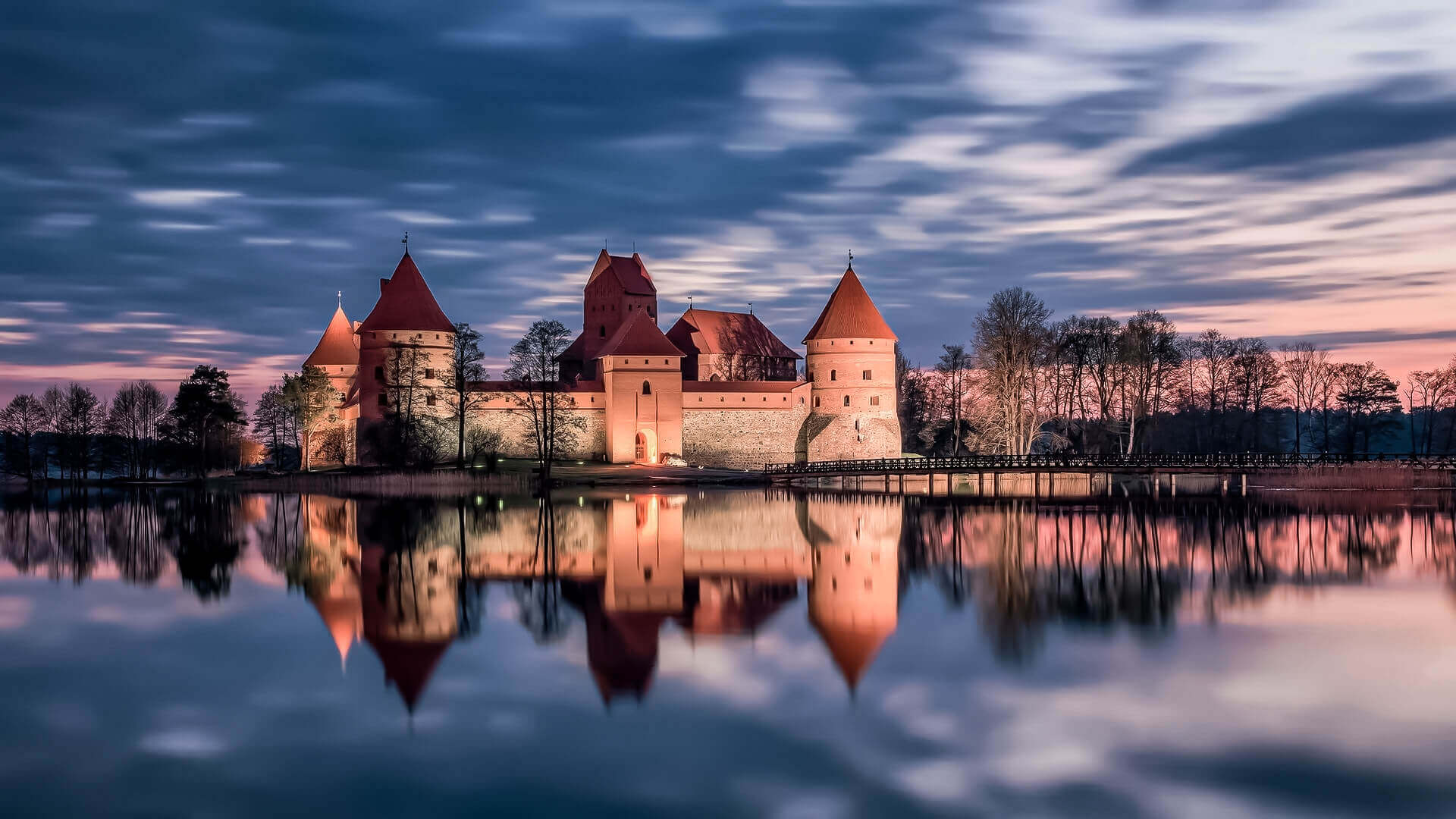[lwptoc]
Lithuania is a country in Northern Europe. Its official name is the Republic of Lithuania (Lithuanian: Lietuvos Respublika). It is one of the three Baltic nations and is located on the Baltic Sea’s southeastern coast, east of Sweden and Denmark. It is bounded on the north by Latvia, on the east and south by Belarus, on the south by Poland, and on the southwest by Kaliningrad Oblast (a Russian exclave). Lithuania has a population of about 2.9 million people as of 2015, with Vilnius serving as the capital and biggest city. Lithuanians are a member of the Baltic peoples. Lithuanian, along with Latvian, is one of only two surviving languages of the Indo-European language family’s Baltic branch.
For millennia, different Baltic tribes occupied the southeastern coasts of the Baltic Sea. In the 1230s, Mindaugas, King of Lithuania, united the Lithuanian territories, and on 6 July 1253, the Kingdom of Lithuania became the first unified Lithuanian state. During the 14th century, the Grand Duchy of Lithuania was the biggest nation in Europe; its borders included modern-day Lithuania, Belarus, Ukraine, and portions of Poland and Russia. Lithuania and Poland established a consensual two-state union, the Polish–Lithuanian Commonwealth, in 1569 with the Lublin Union. The Commonwealth lasted more than two centuries, until it was gradually destroyed by surrounding nations between 1772 and 1795, with the Russian Empire annexing the majority of Lithuania’s land.
On 16 February 1918, as World War I drew to a close, Lithuania’s Act of Independence was signed, establishing the modern Republic of Lithuania. Lithuania was controlled by the Soviet Union and subsequently by Nazi Germany beginning in 1940. In 1944, as World War II drew to a close and the Germans withdrew, the Soviet Union reoccupied Lithuania. Lithuania declared independence from the Soviet Union on 11 March 1990, a year before the Soviet Union’s official collapse. This resulted in the restoration of an independent State of Lithuania.
Lithuania is a full member of the European Union, the Council of Europe, Schengen, and NATO. Additionally, it is a member of the Nordic Investment Bank and a participant in the Northern European nations’ Nordic-Baltic cooperation. Lithuania is classified as a “very high human development” nation by the United Nations Human Development Index. Lithuania is one of the European Union’s fastest growing economies and is rated 20th in the World Bank’s Ease of Doing Business Index. Lithuania adopted the euro as its official currency on 1 January 2015, becoming the Eurozone’s 19th member.


